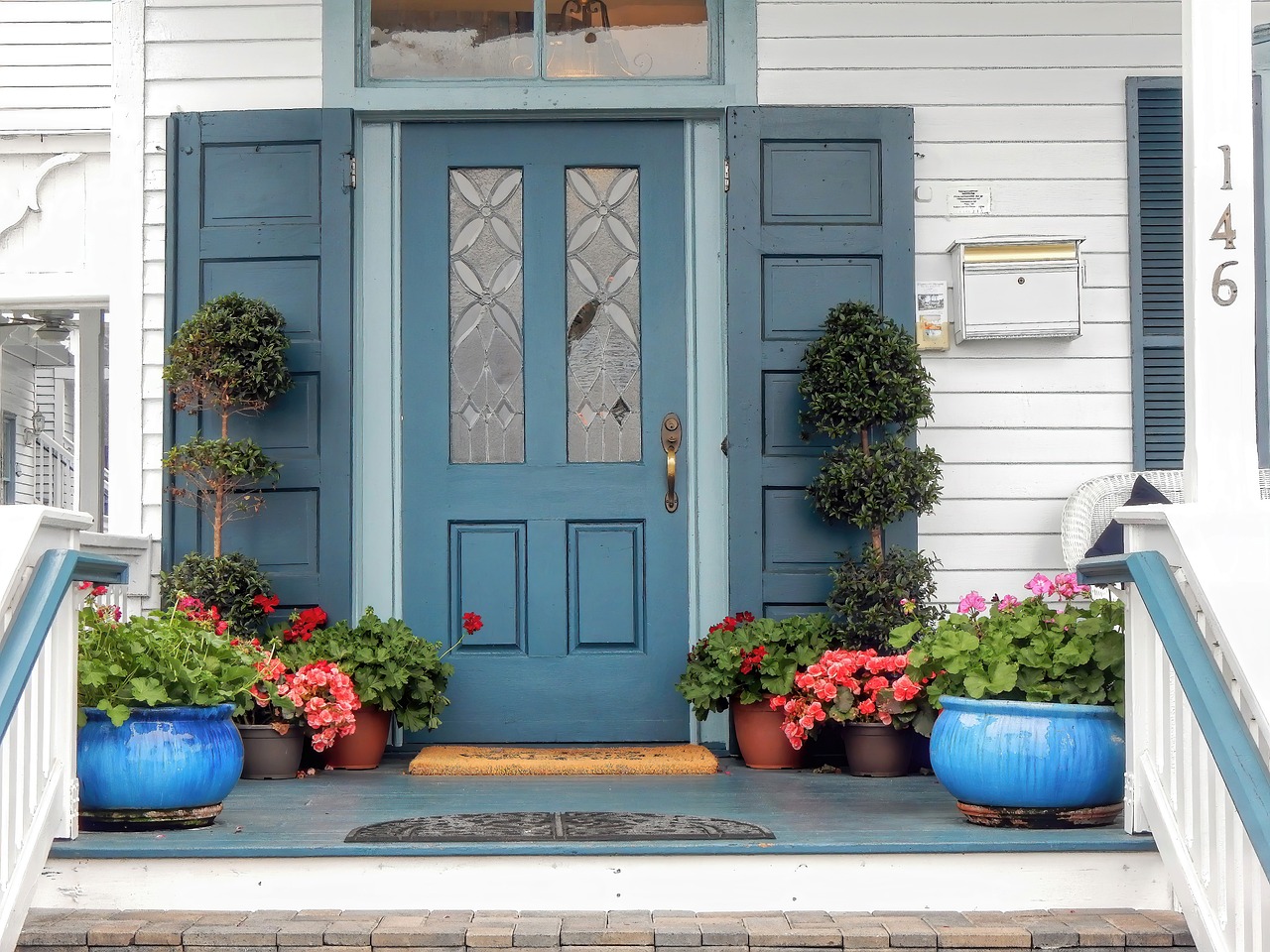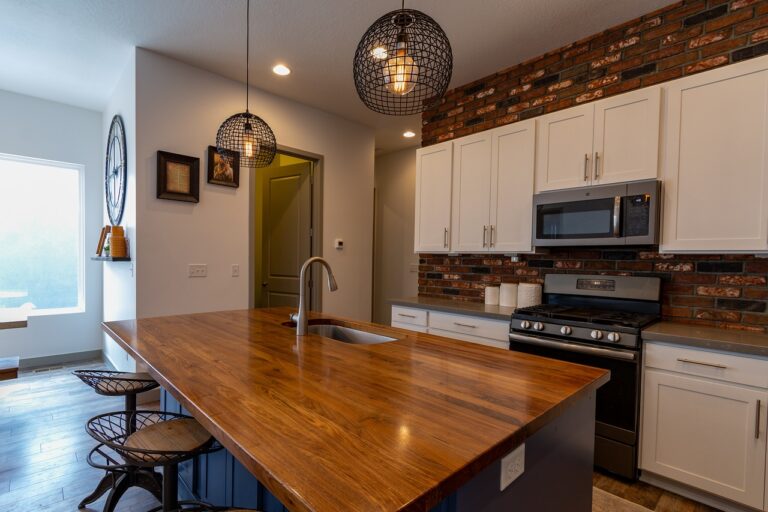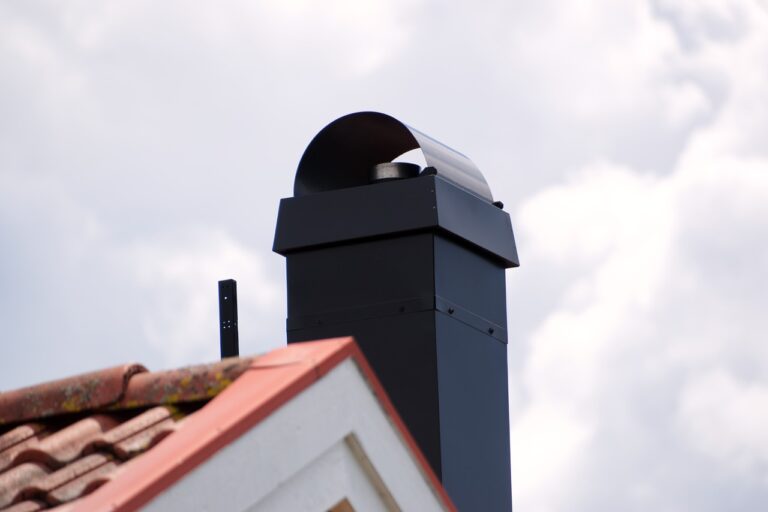The Role of Ventilation in Home Resale Value: Golden exchange id, Cricbet99 register, King casino 567
golden exchange id, cricbet99 register, king casino 567: Ventilation is an often-overlooked aspect of a home that can have a significant impact on its resale value. Proper ventilation not only improves indoor air quality but also plays a crucial role in maintaining the structural integrity of a home. In this blog post, we will explore the role of ventilation in home resale value and why it should not be underestimated.
Importance of Ventilation in Home Resale Value
1. Indoor Air Quality: One of the primary reasons why ventilation is essential for home resale value is its impact on indoor air quality. Good ventilation helps to remove pollutants, allergens, and excess moisture from the air, creating a healthier living environment for occupants. Homes with poor ventilation can suffer from issues like mold growth, musty odors, and poor indoor air quality, which can deter potential buyers.
2. Structural Integrity: Proper ventilation also plays a crucial role in maintaining the structural integrity of a home. Moisture build-up due to inadequate ventilation can lead to issues like rot, mold growth, and even structural damage. Homes with good ventilation systems are less likely to experience these problems, making them more attractive to buyers.
3. Energy Efficiency: Ventilation is also important for energy efficiency. Properly ventilated homes are more comfortable to live in, as they help to regulate temperature and humidity levels. This can result in lower energy bills for homeowners, which is a selling point that can increase the resale value of a home.
4. Aesthetics: Ventilation systems can also have a significant impact on the aesthetics of a home. Bulky, outdated ventilation systems can detract from the overall appearance of a home. Installing modern, energy-efficient ventilation systems can improve the visual appeal of a home, making it more appealing to potential buyers.
5. Compliance with Building Codes: Ventilation requirements are often specified in building codes, and homes that do not meet these requirements may not be up to code. This can make it more challenging to sell a home, as buyers may be hesitant to purchase a property that does not comply with building regulations. Ensuring that a home has proper ventilation can help to avoid these issues and increase its resale value.
6. Market Demand: In today’s real estate market, buyers are increasingly looking for homes that are energy-efficient, healthy, and comfortable to live in. Proper ventilation is a key component of these qualities, making it an important factor in determining the resale value of a home. Homes with good ventilation systems are more likely to attract buyers and sell for a higher price.
FAQs
1. How can I improve ventilation in my home?
There are several ways to improve ventilation in a home, including installing exhaust fans, opening windows, and using air purifiers. It is essential to assess the ventilation needs of your home and work with a professional to determine the best solution.
2. What are the signs of poor ventilation in a home?
Signs of poor ventilation in a home include musty odors, condensation on windows, mold growth, and stuffy air. If you notice any of these signs, it may be time to invest in improving the ventilation in your home.
In conclusion, ventilation plays a crucial role in determining the resale value of a home. From improving indoor air quality to maintaining structural integrity and energy efficiency, proper ventilation is an essential factor that should not be overlooked. By investing in good ventilation systems, homeowners can increase the appeal and value of their homes, making them more attractive to potential buyers.







